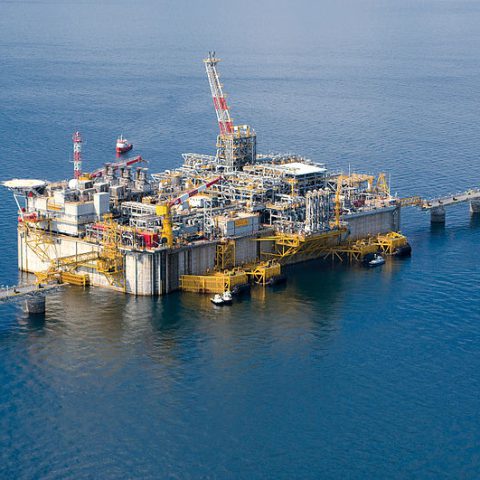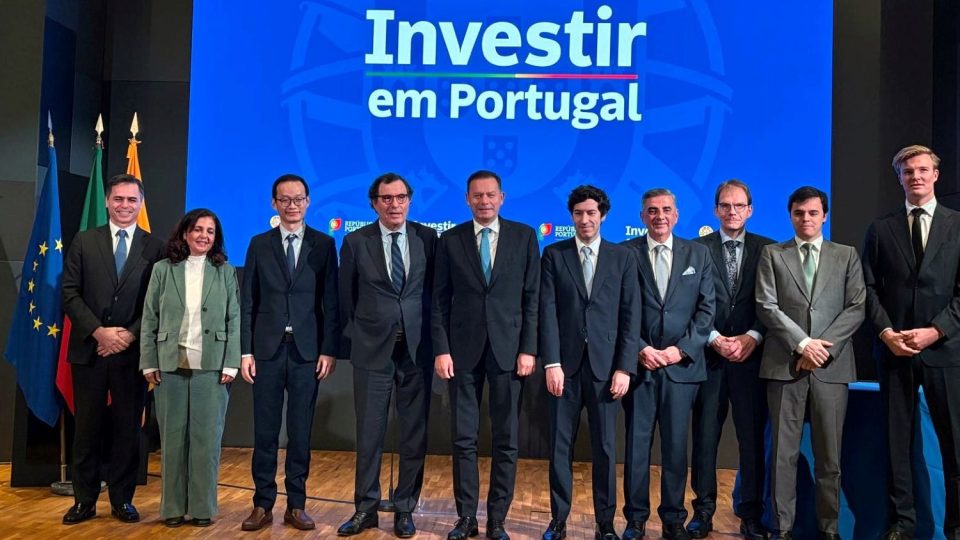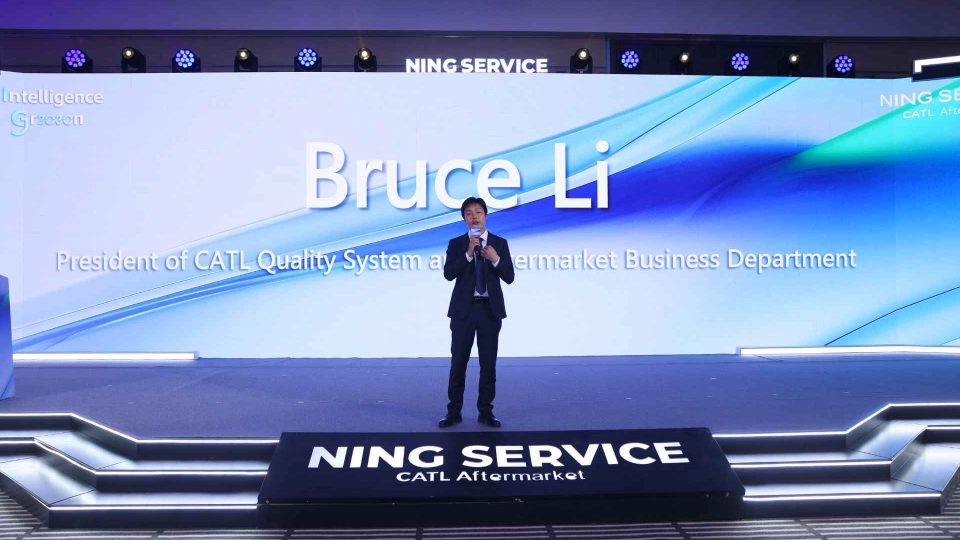ICIS launches German LNG pricing intelligence
ICIS, a global source of Independent Commodity Intelligence Services, announces a new pricing service for German LNG, providing detailed insight for customers from one of the world’s fast-growing markets. ICIS is the first source of energy intelligence to provide dedicated pricing for the German LNG market.

ICIS, a global source of Independent Commodity Intelligence Services, announces a new pricing service for German LNG, providing detailed insight for customers from one of the world’s fast-growing markets. ICIS is the first source of energy intelligence to provide dedicated pricing for the German LNG market.
Germany has historically been the most significant European buyer of Russian gas and for many years relied heavily on the nation for over half its supply. However, amidst the current strained political landscape, that share has collapsed, and Germany now has a stated target to step away entirely from Russian gas in 2024.
Last year, the German government identified LNG as a critical supply source to replace Russian gas and Berlin has financially supported an accelerated programme for up to 10 LNG import terminals to be developed. Three LNG terminals have already started operations in the first weeks of 2023, connecting Germany more directly than ever to the global LNG market and creating an even greater need for trusted energy intelligence and price transparency.
“At ICIS, we bring a proven methodology and pricing expertise to provide daily German LNG spot price assessments in line with all our global LNG assessments,” Ed Cox, ICIS Global LNG Editor, says. “This provides experienced LNG companies and new entrants with trusted pricing to support business decisions on both the sell and buy side. This price transparency reduces the risk of exposure to prices that do not directly reflect the fair value of the German market, which could lead to greater financial risk.”
The rapid growth of German LNG imports will influence spot LNG pricing and market sentiment across Northwest Europe. As a result, traders, analysts, and risk managers must understand the specific drivers of the German spot LNG price as distinct from other markets.
In addition to mainstream gas and LNG companies, regional European gas and downstream German chemical companies are looking to develop a position in LNG as they face increasing exposure to German LNG imports. Understanding how German LNG imports are priced and how this compares with regional gas hub pricing is increasingly important.
“Taken alongside other ICIS German LNG content – daily pricing intelligence, news, real-time alerts, vessel tracking, and demand forecasting – it provides users with a complete overview of the fast-growing German market at a granular level that is unmatched by other providers,” Ed Cox concludes.







